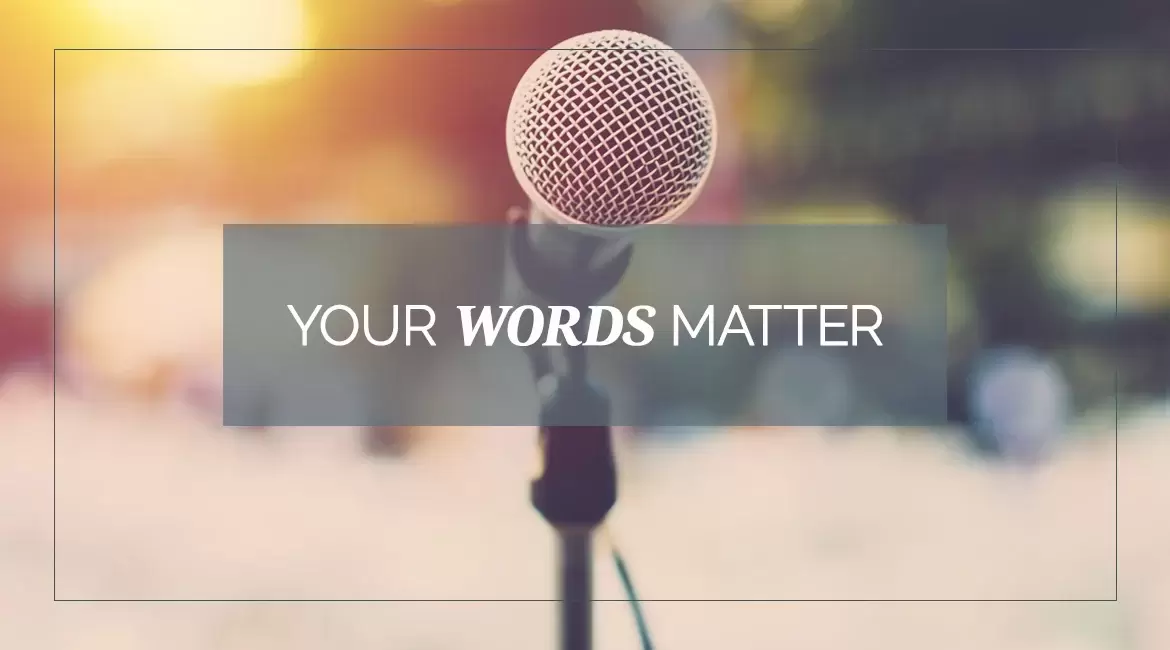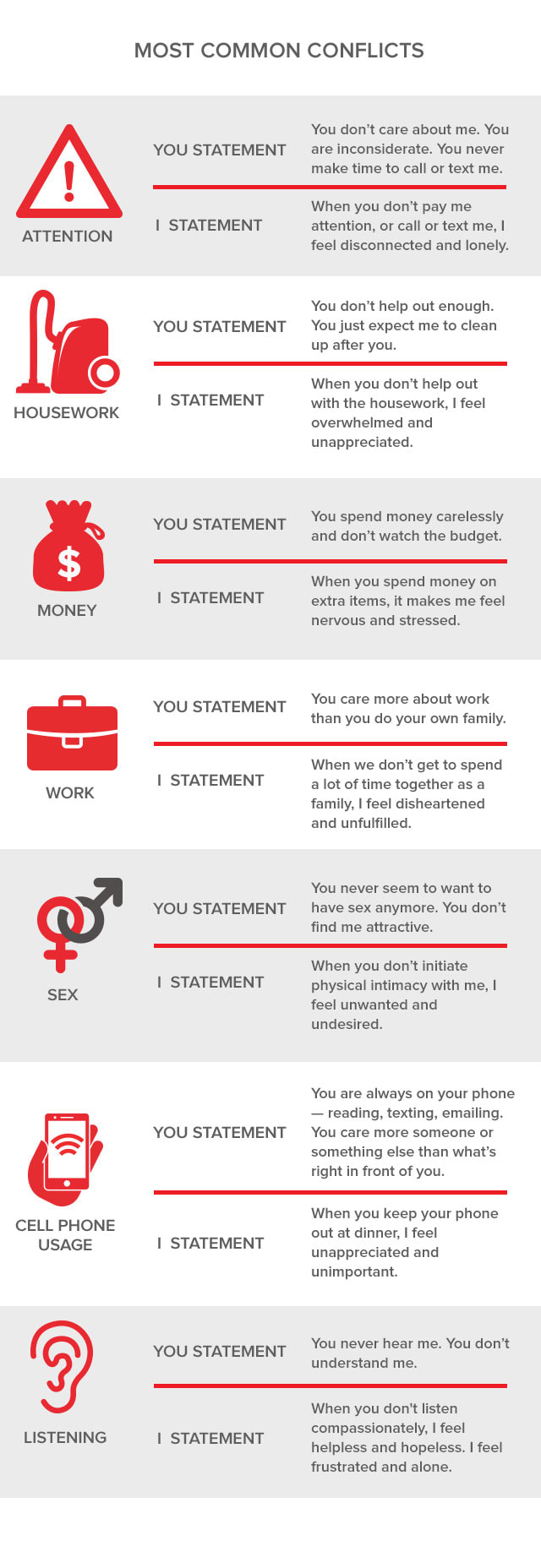|
Gaslight (gaslights, gaslighting, gaslighted): manipulate (someone) by psychological means into questioning their own sanity Gaslighting is a form of emotional abuse where someone with narcissistic behaviors covertly leads you to question your own reality, memory, or perceptions, often evoking cognitive dissonance, in an effort to protect their fragile ego. Here are some examples of what gaslighting can sound like. As a disclaimer, it is important to note that not everyone who says these phrases is automatically a gaslighter. Gaslighting is intentional and a gaslighter knows exactly what they're saying and what they're doing.
Do any of these phrases sound familiar to you? These are only some of the things a gaslighter will say to you. You may have heard these before or even said them yourself, but this does not necessarily mean you have been gaslighted or that you are a gaslighter. Gaslighting is intentional and a gaslighter knows full well what they're saying and what they are doing. It is encouraged that you to seek help or guidance if you suspect that gaslighting has played a role in your life in an effort to empower yourself and your life. Diffusing Gaslighting
0 Comments
Transcript:
So, what is empathy and why is it VERY different than sympathy? Empathy fuels connection. Sympathy drives disconnection. It's very interesting. Theresa Wiseman is a nursing scholar who studied very diverse professions where empathy is relevant and came up with four qualities of empathy.
Empathy is feeling WITH people. I always think of empathy as this kind of sacred space. When someone's in a deep hole and they shout from the bottom and they say, "I'm stuck. It's dark. I'm overwhelmed."...And then we look and we say, "Hey!" And climb down and say, "I know what it's like down here and you're not alone." Sympathy is, "Ooh!" "It's bad, uh-huh?" "Uh... No. You want a sandwich?" Empathy is a choice and it's a vulnerable choice. Because in order to connect with you, I have to connect with something in myself that knows that feeling. Rarely, if ever, does an empathic response begin with, "At least..." Yeah. And we do it all the time because, you know what? Someone shared something with us that's incredibly painful and we're trying to "silver lining" it. I don't think that's a verb, but I'm using it as one. We're trying to put a silver lining around it. So, "I had a miscarriage." "At least you know you can get pregnant." "I think my marriage is falling apart." "At least you have a marriage." "John's getting kicked out of school." "At least Sarah is an A-student." One of the things we do sometimes in the face of very difficult conversations is we try to make things better. If I share something with you that's very difficult, I'd rather you say, "I don't even know what to say. I'm just so glad you told me." Because the truth is, rarely can a response make something better. What makes something better is connection. Having trouble navigating your relationships with others and healing from traumas in your life? Diane Poole Heller shares her expertise in child and adult attachment styles so you can begin to live a fuller, more loving life in this very connective Living 4D conversation.
Show Notes
"Why don’t you ever listen?" "You just don’t understand me!" "You are of no help at all!" "You are so insensitive, you just don’t care, you don’t love me" Sound familiar? It is nothing new to argue about housework, priorities and money. For many couples, these arguments occur weekly. This observation is exactly why choosing the right words during an argument is so important. When you change your words, you change your life, and nowhere is this more true than in relationships. Even when you have the best of intentions, without mindful awareness of the words you use, what you say can escalate an argument into a full-blown fight and really hurt the one you love. And one of the most common mistakes those in a relationship make with their language is the use of “you-statements” instead of using “I-statements.” WHAT IS A “YOU-STATEMENT?”“You-statements,” such as those listed above, are phrases that begin with the pronoun “you” and imply that the listener is responsible for something. They show no ownership of emotions, but rather blame, accuse and assume the receiver. By blaming others for something in your life, you are giving away your power. You begin to adopt a victim mentality. This type of statement is more likely to make your partner feel defensive and resentful, and he or she will be less likely to want to make peace. WHAT IS AN “I-STATEMENT?”An “I-statement,” on the other hand, forces us to take responsibility for what we are thinking and feeling and prevents us from blaming our partners. Phrasing statements beginning with "I" places the power in your hands. When using “I-statements,” we become empowered and can still be assertive, but find a less hostile, more compassionate way to communicate. THE DIFFERENCE BETWEEN “YOU-STATEMENTS” AND “I-STATEMENTS” “You-statements” are often used to assert blame and even punish your partner, consciously or unconsciously. By pointing out what they’ve done wrong or how they’ve made you feel upset, sad or angry, you’re either trying to make them feel as bad as you feel or you’re trying to make them change. Neither is a part of creating a healthy relationship nor creating an opportunity to come together. An “I-statement,” on the other hand, shows personal accountability and open-mindedness. It states that even though your partner is not acting or speaking in the way you’d prefer, you are not blaming him or her for how you feel. When using “I-statements,” you take responsibility for the part you played in the disagreement and display the openness for deep listening and resolution. FORMING “I-STATEMENTS” So how do you turn a “you-statement” into an “I-statement?” Describe your feelings: First, remember that the point of an “I-statement” is to express how you feel inside. Because of this, you can think of an “I-statement” as an “I-feel statement.” A true “I-statement” uses specific emotions such as “I feel…” joyful, anxious, lonely, resentful, angry, calm, embarrassed, fearful, etc. Avoid words that may seem like emotions, but really imply a story or the action of your partner: “I feel…ignored, annoyed, pissed off, mistreated, manipulated, controlled, cheated, abandoned, etc.” It is also a common misperception that you can tack on the words “I feel” in front of a you-statement, once again giving your power away. For example, “I feel like you are taking me for granted.” That is just a “you-statement” in disguise. It implies blame and there is no actual emotion being expressed. “I-STATEMENT” EXAMPLES It can be difficult to use “I-statements” if you’re not used to consciously using this type of language. These “I-statement examples” may help:
USING “I-STATEMENTS” Using “I-feel statements” works best when your emotions seem overwhelming and you want to take it out on your significant other. When you first start using them, explain to your partner what you’re trying to accomplish and admit you might not do it perfectly the first time. Do you best to be as gentle as possible and realize that the tone and body language of your voice matters as much – if not more – than the words you use. Consider using some of the “I-statement” examples listed above and do your best to identify the emotion you are feeling and its origin. Admit if you have a trigger from the past that is playing a part in how you feel and if this is making you react rather than response. To help you better understand how you to turn a “you-statement” into an “I-statement,” consider how to change your language during these common conflicts: References Robbins, T. (2020). Why Your Wording Matters: Using "I" Statements In Relationships. Retrieved 23 March 2020, from https://www.tonyrobbins.com/love-relationships/words-matter-you-vs-i/
|
Coming Soon
Archives
July 2022
Categories
All
|



 RSS Feed
RSS Feed

